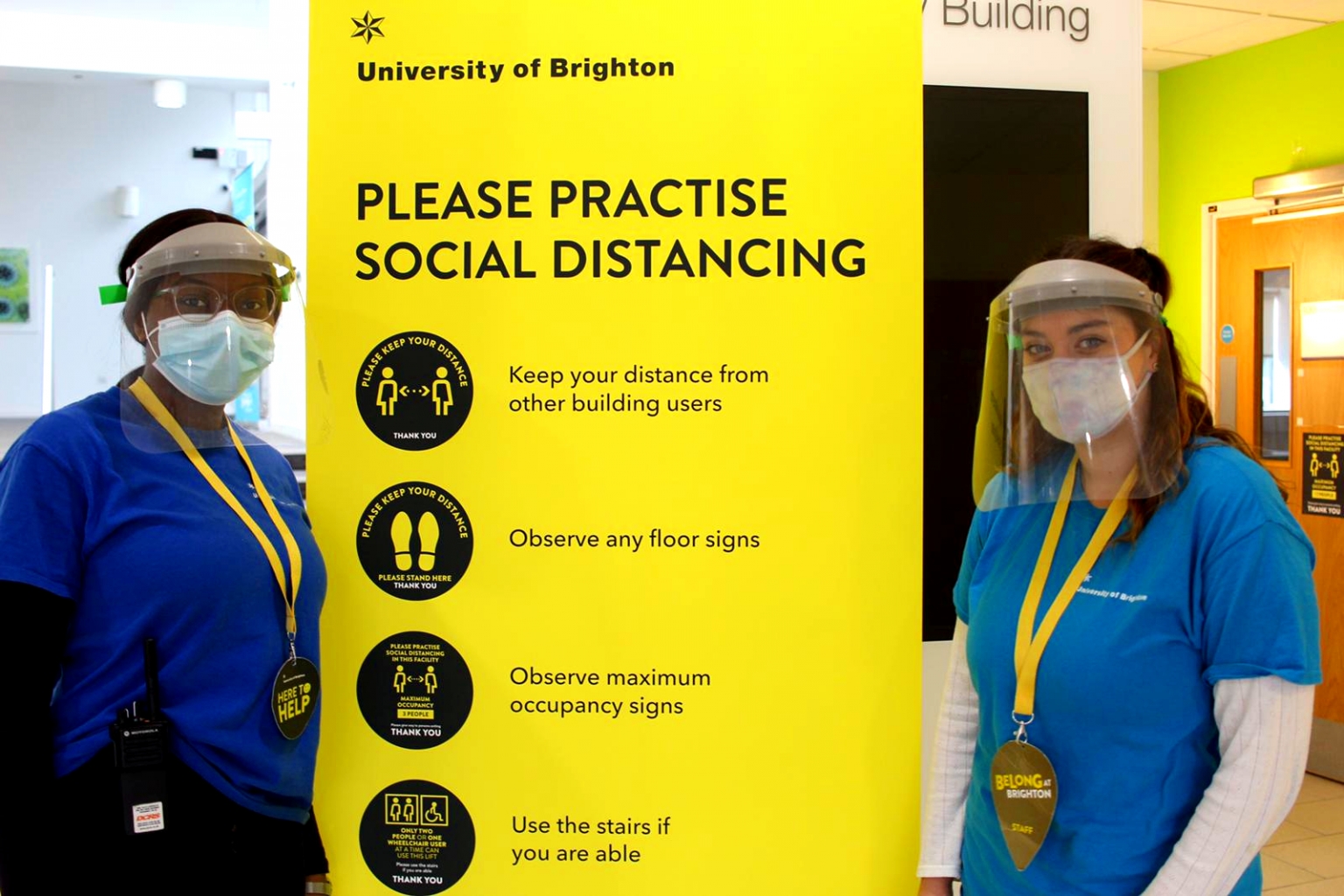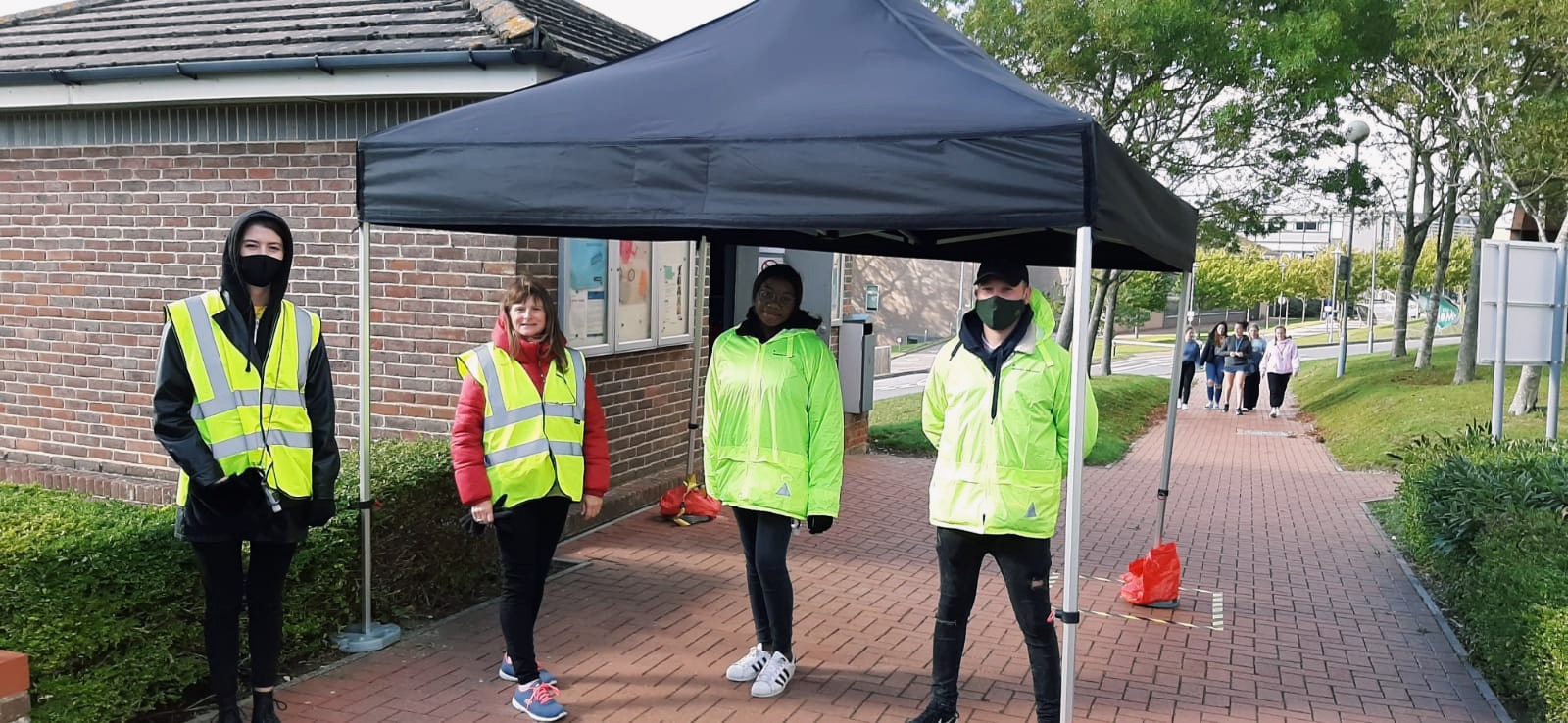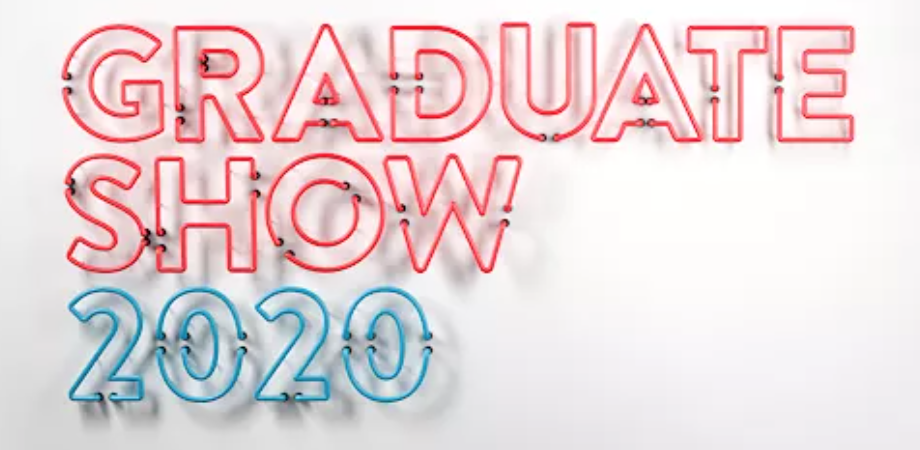Looking ahead to Summer 2024

With finally some lovely weather in Brighton this week we hope this is a sneak peak of what is to come. Here at Southcoast Conferences & Events our summer 2024 plans are in full swing and we're looking forward to a very busy and exciting summer at the University of Brighton.
Each year we open up the university’s halls of residence to those visiting our wonderful city of Brighton & Hove. Our pop up hotel at the Phoenix Halls of Residences is open for business and we’re very excited once again to be welcoming guests to the university this summer. We have our label maker and mini shampoos at the ready for the opening on the 29th June.
You can book to come and stay in a flat with your friends, as a large group attending a conference or as an international student…and P.S. we currently have a 15% early bird rate available on Booking.com so if you’re planning a trip to Brighton check us out!!
As well as our pop up hotel our university campuses also become language schools for the summer holidays, where we have young people from all over the world come and stay with us. We have several different language school providers who book to stay and with us and we are busy putting all the necessary preparations in place to make it a successful summer 2024.

But before we even make it to the end of June we’re getting very excited about the student events taking place at the end of the academic year. We have the Graduate and MA Shows for the School of Art and Media and the Architecture & Design Show, for which the university turns into a gallery for the students to exhibit the fantastic work they’ve created during their course. We’re busy helping to organise the private views for each event, so the students can celebrate in style with their friends and family.
So, let the countdown to summer begin and we hope to see you this summer at the University of Brighton.











